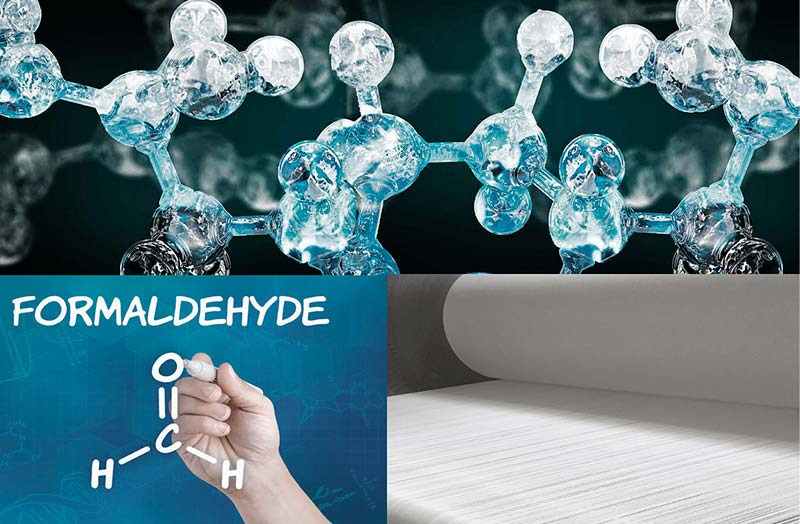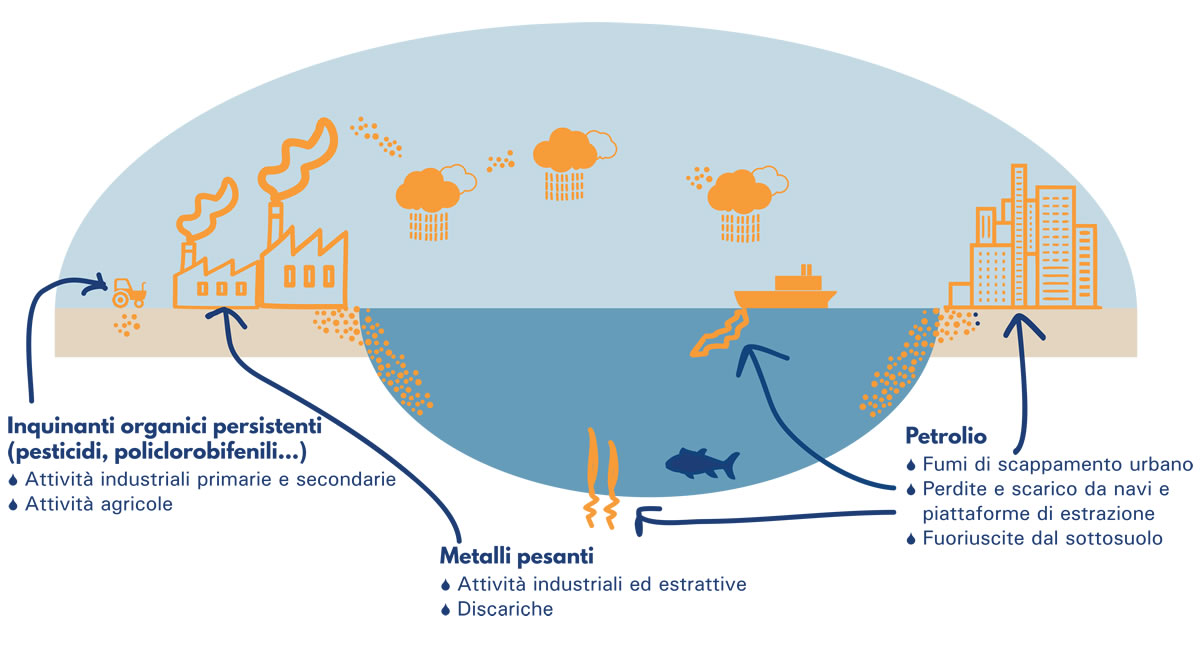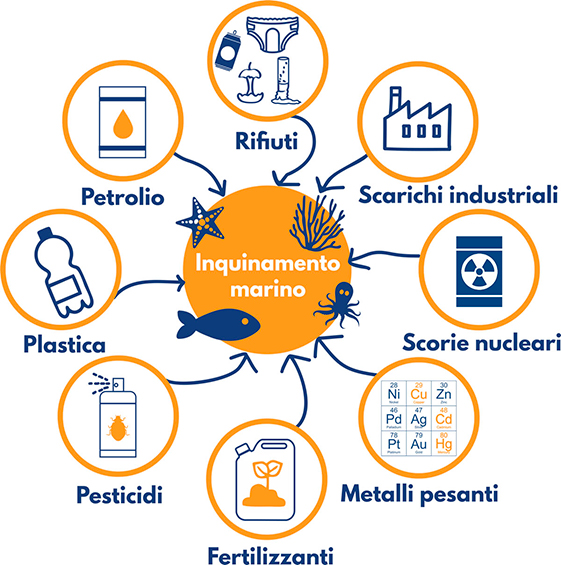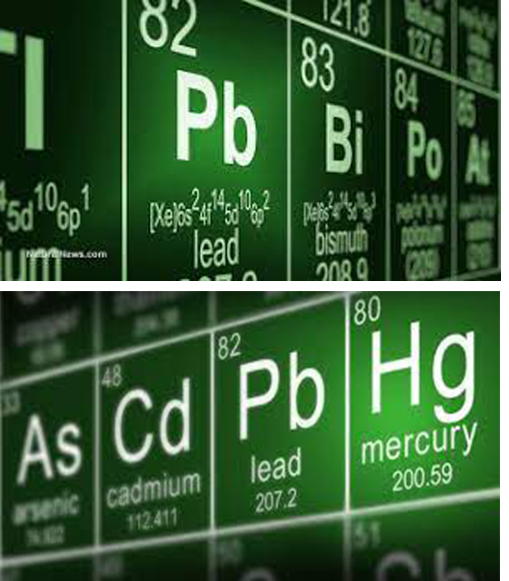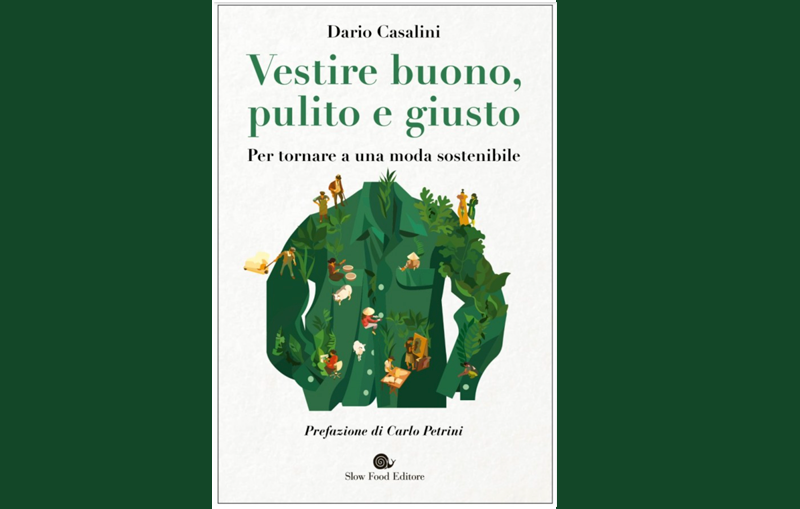What were we talking about?
It becomes paramount to inform us on the product that we are purchasing as we do when we buy food, as the skin is our largest organ and it works like a sponge that for osmosis absorbs all substances it comes in contact with introducing them in the inner organism.
Though, differently from the common opinion, allergies and irritations are never caused by the fibre, but by the chemical remains resulting from the processes the fibres have undergone to become a finished product.
The Reach Certification (Registration, Evaluation, Authorisation and Restriction of Chemicals) is operative in Europe since 2007.
Very restrictive about the use of chemicals in textiles, it forbids the use of substances the harmfulness of which is known and limits the use of those of which the harmfulness hasn’t yet sufficient scientific evidence.
Unfortunately, as soon as we leave Western Europe, norms become less restrictive and therefore health risks increase exponentially for those who work in the textile processes and for those who will use the textile.
The choice to use harmful substances reduce enormously production costs, mainly in the dyeing and finishing processes, but it will then be paid in terms of safety.
In the textile processes carried in countries with low labour costs, it is not unusual to find heavy metals remains alike (chrome, nickel, copper, cadmium, arsenic, lead, mercury) cobalt, formaldehyde, carcinogenic azodyes, which use, in the textile process in Europe, have been forbidden since years.
To these substances we have to add also anti-mold, bio-acidal or antibacterial substances used during the transport from one continent to the other.
This is why it is essential to buy textiles really made in Italy, produced by those virtuous companies that have chosen to stay in Italy. Medium to small companies that represent the excellence and guarantee a rigorous and reliable protection of textile quality at maximum level. Companies that guarantee a just and fair labor relation, that promote knowledge and skills and growth to the territories.
Companies that produce in a “good, clean and fair” way as highlighted in the book by Dario Casalini, CEO of Oscalito, or as at l’Opificio, both members of Exclusive Brands Torino, the network of high-end companies of Unione Industriale of Torino that bring together the best of the territory with curated and excellent productions.
Web Source Photo: Consiglio Nazionale delle Ricerche
